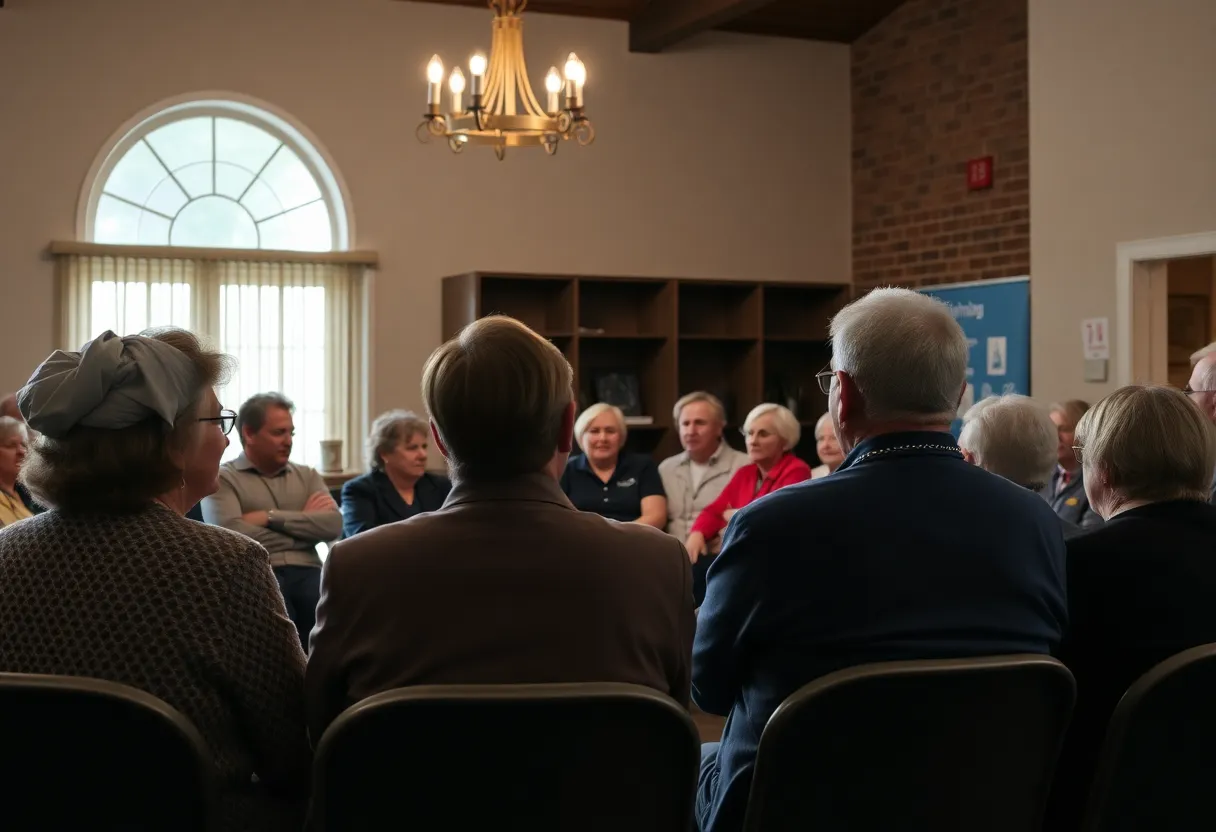News Summary
The Equal Credit Opportunity Act (ECOA) turns 51 this year, marking a significant milestone in women’s financial independence. Since its enactment in 1974, the ECOA has allowed women to access credit without a male cosigner, providing them with the means to pursue personal and professional goals. This article reflects on the profound impact of the ECOA on women’s financial rights and addresses ongoing challenges, including the gender pay gap and limited access to venture capital funding.
Celebrating 51 Years of the ECOA: Reflecting on Women’s Financial Independence
Can you believe it’s been **51 years** since the **Equal Credit Opportunity Act (ECOA)** took effect? When this landmark legislation was signed into law in **1974**, it opened countless doors for women, granting them the ability to access credit **without needing a male cosigner**. What a game-changer! Before the ECOA, women were often dependent on the men in their lives—fathers, husbands, brothers—when it came to loans and credit cards, which put a significant damper on their financial independence.
The **shift** brought upon by the ECOA cannot be underestimated. Now, women can stand tall in the financial realm, enabling them to embark on personal and professional ventures that once seemed out of reach. Whether starting businesses, buying homes, or investing in education, having access to credit has proven to be a **critical factor** in fostering financial growth.
The Impact of Financial Growth
With newfound access to credit, it seems that women’s engagement with the economy has flourished. The **benefits** are impressive: Women with access to credit are not only more likely to have their loan applications approved, but they also often enjoy lower interest rates and the convenience that comes with cashless transactions. In some states, having credit can even ease the financial burden of auto insurance premiums.
What’s more, being financially independent positively affects women’s self-esteem and confidence. With this empowerment, women can create **clearer paths** for their futures, making important decisions based on their financial capacity. Furthermore, financial independence can form a safety net for women, providing the means to leave unhealthy or abusive relationships. The ability to manage finances allows women to retain more control over their lives.
A Look Back at Important Milestones
Reflecting on how far we’ve come, let’s take a stroll down memory lane. Several **historical milestones** have shaped women’s financial rights. From the **19th Amendment** in **1920**, which granted women the right to vote, thereby amplifying their voices in economic policy, to the more recent **Lilly Ledbetter Fair Pay Act** in **2009**, ensuring equal pay for equal work, progress has been steady. Each stride has been crucial in paving the way for the financial rights women enjoy today.
The introduction of the **2009 Credit CARD Act amendments** even allowed stay-at-home spouses to consider **household income** when applying for credit cards—a small change that made a big difference!
Today’s Landscape: Challenges and Triumphs
The Importance of Financial Education
Deeper Dive: News & Info About This Topic
- U.S. News: A Look at Women and Credit
- Wikipedia: Equal Credit Opportunity Act
- NerdWallet: Possible Credit Card Options
- Google Search: Credit History
- CNBC: How to Build Credit with No Credit History
- Encyclopedia Britannica: Women’s Rights
- Bankrate: Current Interest Rates
- Google News: Financial Independence
- Investopedia: Purchase Financing
- Google Scholar: Equal Pay Gender Gap







